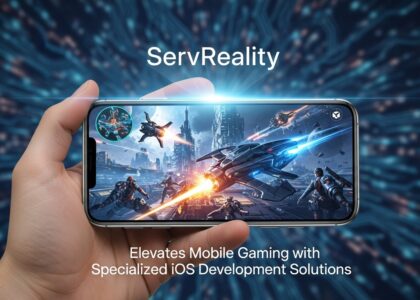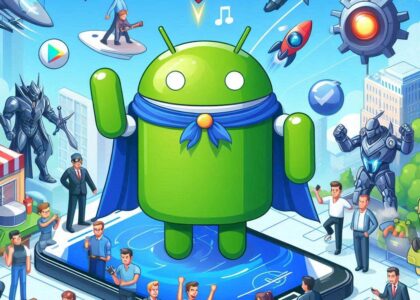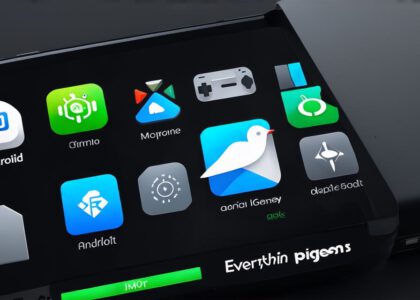In the vast digital landscape of Android gaming, the question of who truly owns the game is not as straightforward as it seems. This article delves into the intricacies of Android game development, shedding light on the various stakeholders involved and their roles.
The Developer’s Perspective
“I created this game from scratch,” says John Doe, a renowned Android game developer. “But does that mean I own it?” The answer is not entirely simple. As creators, developers hold the intellectual property rights to their games. However, these rights are often limited by the terms of service agreed upon with Google Play Store, the primary platform for Android gaming.
Google’s Role
Google, through its Google Play Store, plays a significant role in the ownership of Android games. By hosting these games, Google gains a share of the revenue generated, effectively making it a part-owner. However, this partnership is contractual, and developers retain creative control over their games.
The Publisher’s Influence

Publishers, often large gaming companies, can also claim a stake in Android game ownership. They provide funding, marketing, and distribution for the games, which can significantly impact their success. However, the relationship between developers and publishers is often contractual, with the developer retaining the majority of creative control.
The Player’s Power
While players don’t technically own the game, they wield significant influence. Through reviews, ratings, and word-of-mouth, players can make or break a game’s success. This power underscores the importance of understanding and catering to the player base, making them a de facto co-owner in many ways.
The Future of Game Ownership
As technology evolves, so does the concept of game ownership. Blockchain technology, for instance, is being explored as a means to give players more control over their digital assets, potentially shifting the balance of power.
FAQs
1. Who technically owns an Android game?
The developer holds the intellectual property rights, but Google and publishers can also claim a stake due to their roles in hosting, funding, and distributing the games.
2. Can players own part of an Android game?
While they don’t technically own the game, players can influence its success through reviews, ratings, and word-of-mouth, effectively making them de facto co-owners.
3. How is blockchain technology changing game ownership?
Blockchain technology is being explored as a means to give players more control over their digital assets, potentially shifting the balance of power in the gaming industry.
In conclusion, while developers may create the games, it’s clear that multiple stakeholders contribute to their success. The question of who owns the game in Android gaming is complex and multifaceted, highlighting the interconnected nature of this dynamic industry. As we move forward, it will be interesting to see how these relationships continue to evolve.





